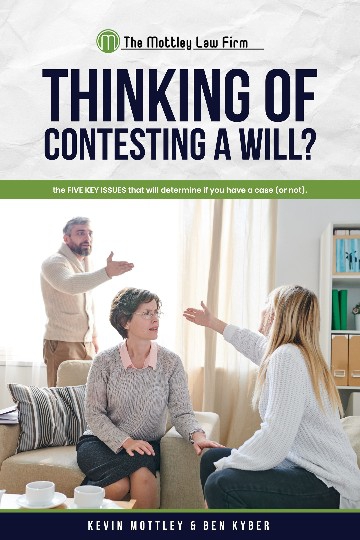It was going to be a long night.

That night, half of our team hit the internet to run down the skinny on the patent issue, while the other half hit the Rules of Evidence. On the first issue, we discovered that the expert’s testimony as to the expiration of drug patents was, not surprisingly, incorrect. Therefore, the testimony elicited by the district judge from our expert was not accurate.
On the second issue, we quickly found Federal Rule of Evidence 614, entitled “Court’s Calling or Examining a Witness.” I had never had occasion to deal with Rule 614, but it squarely addressed the events that transpired in court that day. Basically, Rule 614 says that the court may call a witness on its own and that it may examine a witness on its own. But then it has this in subsection (c): “A party may object to the court’s calling or examining a witness either at that time or at the next opportunity when the jury is not present.” So, it was not too late for us to object to what the judge had done. Our objection was not waived, at least not yet, because we really did not have a reasonable opportunity to object that day outside the presence of the jury.
But, did we have an objection we could raise? Again, I felt it was not fair for the district judge to take over the cross-examination of the expert like he did by raising a new subject matter that no one had injected into the trial. There again, we hit the books.
We found that federal district judges have broad discretion when questioning witnesses. They should be careful not to appear overly “zealous” or “partial” to one side or the other, but they enjoy broad latitude to develop the evidence and to help the jury understand the evidence. The case law, however, cautions district judges not to cross the line to the point where they “abandon [their] role and assume that of an advocate.” In one case we found, the appellate court indicated it was improper for the district court to inject “new issues” into the case that had not been previously raised by the litigants. In our case, that is precisely what happened.
The next morning, we pointed out to the district judge that the testimony elicited from the expert was not 100% accurate. But we also argued that the judge had stepped over the line by raising a “new issue” that had not been previously raised by any party. That amounted to being too much of an advocate, we argued.
The district judge handled the objection very professionally and dispassionately. He said he did not really agree with us, and told us that we should have foreseen the issue over the patent. But then, he basically asked us what we wanted him to do to correct the situation. We argued that he should bring in the jury and instruct them to disregard the information he elicited from the expert the day before. He agreed, and that’s what happened. Most important, the life care plan stayed in evidence.
In the end, this turned out to be a huge victory for us because the jury later returned a substantial verdict that was clearly based on the value of our life care plan, plus some damages for pain and suffering.
So what lessons were learned from this federal court horror story?
You need to be prepared for every conceivable issue in a case, not only those raised by your opponent. Particularly when you are in federal court, you should anticipate a more active bench and a court that is more likely to inject new issues and questions into the case that your opponent may not have considered. And, of course, when that happens, you need to be familiar with the Rules of Evidence so you can act on your feet. As I've previously explained, federal court is a treacherous and rocky shore for personal injury plaintiffs in the Eastern District of Virginia.
The Mottley Law Firm is here to help you with your federal TBI cases
Here at The Mottley Law Firm, we now have over $12 million in verdicts and settlements for traumatic brain injury victims. Most of these results have been obtained by litigating TBI cases in federal court. If you are a lawyer who is considering filing a TBI case that will likely be removed to federal court, please contact us. You can start by going to The Mottley Law Firm TBI Referral Program page. We would be happy to talk with you about the case and, if you are thinking of collaborating on the case with another lawyer, we would be glad to consider such an arrangement with you.



